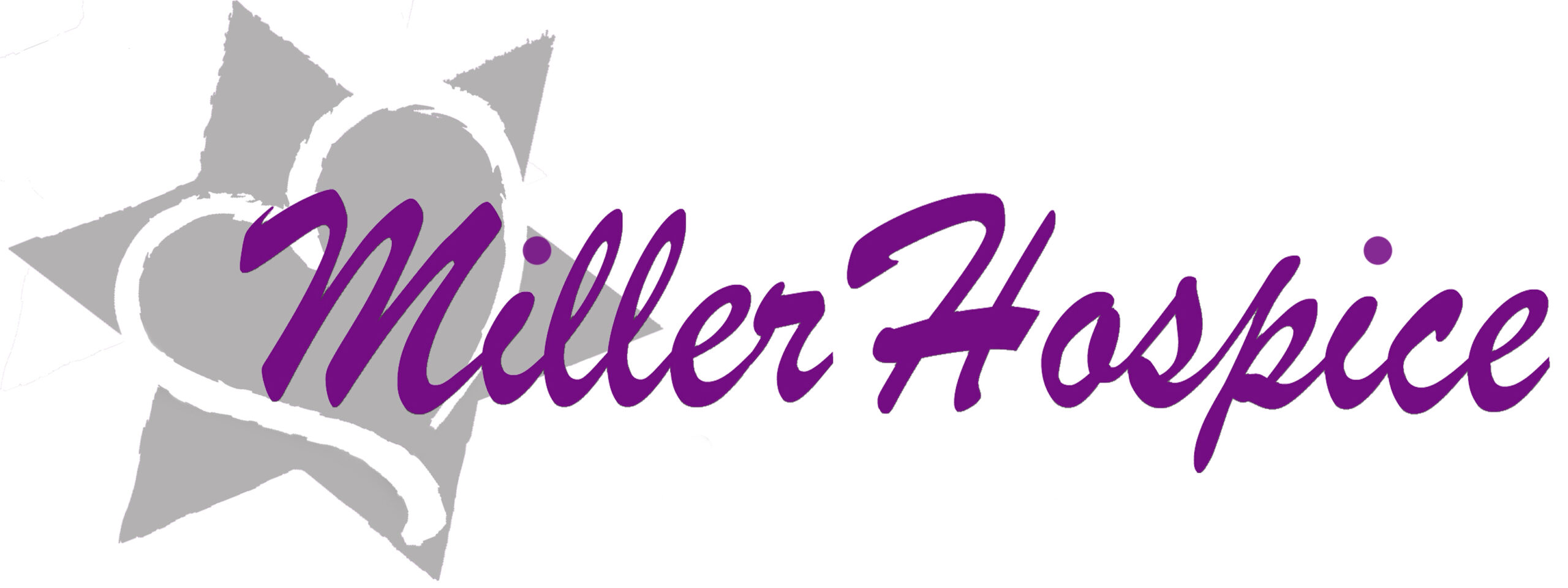Need hospice? Call 918-742-6415
Frequently Asked Questions
Hospice care is a Medicare or a private insurance benefit that provides comfort and pain management for anyone with a six-month prognosis. Care will be provided as long as the patient remains eligible.
Hospice care includes a complement of benefits for eligible patients, related to the diagnosis including clinical services, durable medical equipment (like a bed or wheelchair), medical supplies (like wound care), and medications. The clinical services involve our physicians, nurses, home health aides, medical social workers and chaplains. We also have volunteers available to provide additional support.
At any time during a life-limiting illness, it’s appropriate to discuss all of a patient’s care options, including hospice. By law the decision belongs to the patient or their designated proxy. Understandably, most people are uncomfortable with the idea of stopping aggressive efforts to “beat” the disease. Miller Hospice staff members are highly sensitive to these concerns and always available to discuss them with patients and families.
Your primary care physician continues to be an integral part of your care. Our team collaborates and communicates with your MD while you receive care from Miller Hospice. Our team continues to communicate with your primary care physician while you receive our care.
Most physicians know about hospice. Patients and families should feel free to discuss hospice care at any time with their physician, other health care professionals, clergy or friends. If your physician wants more information about hospice, it is available from the National Council of Hospice Professionals Physician Section, medical societies, state hospice organizations, or the National Hospice Helpline, 1-800-658-8898. In addition, physicians and all others can also obtain information on hospice from the American Cancer Society, the American Association of Retired Persons, and the Social Security Administration.
Yes, you and your family are in charge of your care.
Yes, it is your right to choose your advance directives. We do not require a DNR (Do Not Resuscitate) order, and we will review all options with you.
One of the first things Miller Hospice will do is contact the patient’s physician to make sure he or she agrees that hospice care is appropriate for this patient at this time. (Miller Hospice has medical staff available to help patients who have no physician.) The patient will be asked to sign consent and insurance forms. These are similar to the forms patients sign when they enter a hospital. The “hospice election form” states that the patient understands that the care is palliative (aimed at pain relief and symptom control) rather than curative. It also outlines the services available. The form Medicare patients sign also tells how electing the Medicare hospice benefit affects other Medicare coverage.
Certainly. If the patient’s condition improves and the illness seems to be in remission, patients can be discharged from Miller Hospice and return to aggressive therapy or go on about their daily life. If the discharged patient should later need to return to hospice care, Medicare and other insurers will allow coverage for this purpose.
We continue to provide the same care for you as long as you remain eligible for Miller Hospice’s services. You will not be given less service regardless of how long you are in our care, and Miller Hospice will never charge you for our care. Some people live longer than their original prognosis once their pain and symptoms are under control.
Just like patients who reside at a facility, home-based patients are cared for by a team of physicians, nurses, social workers, counselors, certified nursing assistants, clergy, therapists, and volunteers – and each provides assistance based on his or her own area of expertise. In addition, Miller Hospice provides medications, supplies, equipment, and hospital services related to the life-limiting illness.
In the early weeks of care, it’s usually not necessary for someone to be with the patient all the time. Later, however, since one of the most common fears of patients is the fear of dying alone, Miller Hospice generally recommends someone be there continuously. While family and friends do deliver most of the care, Miller Hospice provides volunteers to assist with errands and to provide a break and time away for primary caregivers. While no one from Miller Hospice will move into your home, we will work with you to establish a frequency of visits from your Miller Hospice team members that meets your unique needs.
No. Miller Hospice provides care wherever a patient calls home, be it a private residence, nursing home, assisted living facility, hospital, retirement community, hotel, etc.
Usually not. It is the goal of Miller Hospice to have the patient as pain-free and alert as possible. By constantly consulting with the patient, Miller Hospice has been very successful in reaching this goal.
Miller Hospice provides continuing contact and support for caregivers for at least a year following the death of a loved one. Miller Hospice sponsors bereavement groups and support for anyone in the community who has experienced a death of a family member, a friend, or similar losses.
You pay nothing…ever. Miller Hospice’s care is fully covered under Medicare, Medicaid, and many commercial insurance benefits. We do not charge you any out-of-pocket expenses for your care, such as deductibles, co-pays, or co-insurance. We pay for 100% of your care, including all of your medications, medical equipment and supplies related to the illness we are treating. We also strive to provide our services free of charge to patients and families that have no health insurance or other financial resources.
Miller Hospice
6950 South Utica Avenue
Tulsa, Oklahoma 74136
